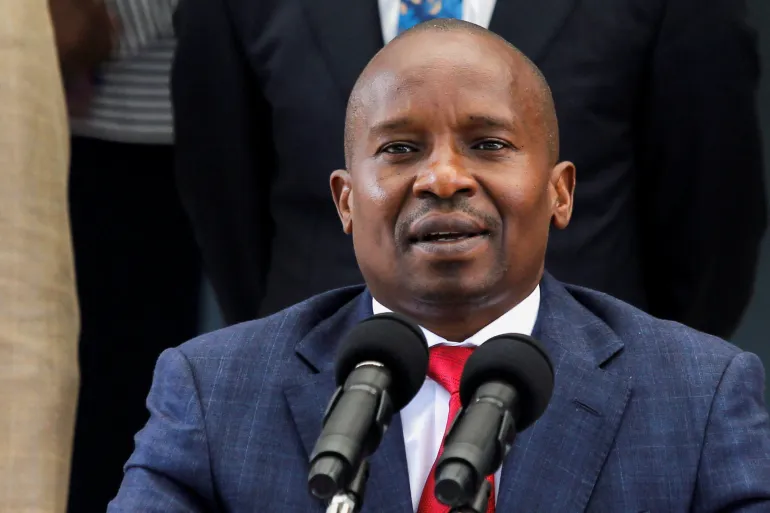Saturday, November 1, marks one year since Professor Kithure Kindiki assumed office as Kenya’s Deputy President, following the impeachment of his predecessor Rigathi Gachagua in a historic parliamentary motion. Over the past 12 months, Kindiki has carved a distinct identity for the office—marked by calmness, strategy, and quiet efficiency.
Traditionally, the Deputy President’s position has been fraught with political tension and rivalry with the Head of State. However, Kindiki’s tenure has been notably different. Observers credit him with bringing a sense of stability and coordination to President William Ruto’s administration through his disciplined and non-confrontational approach.
Unlike previous holders of the office, Kindiki has maintained a low public profile, focusing on managing government affairs and fostering cooperation within the Executive. His style has drawn praise from both political figures and analysts who see him as a unifying force in a politically polarized environment.
Laikipia East MP Mwangi Kiunjuri described the Deputy President as a leader who “understands his role, listens, and respects other arms of government.” He lauded Kindiki for effectively coordinating government business and maintaining cordial relations with Parliament.
Governance expert Javas Bigambo similarly praised Kindiki’s “remarkable emotional intelligence,” noting that he has complemented President Ruto’s leadership and strengthened policy delivery.
Even President Ruto, who had previously lamented inadequate support from his deputy, has commended Kindiki’s contribution. Speaking recently at a wildlife compensation event in Meru National Park, Ruto said, “Professor knows he is not for the Meru people alone; he is for every Kenyan. I am proud to have a deputy who understands government.”
As Kindiki marks his first anniversary in office, his calm but firm leadership has reshaped expectations of the deputy presidency proving that quiet strength can indeed steer the ship of government with stability and purpose.

